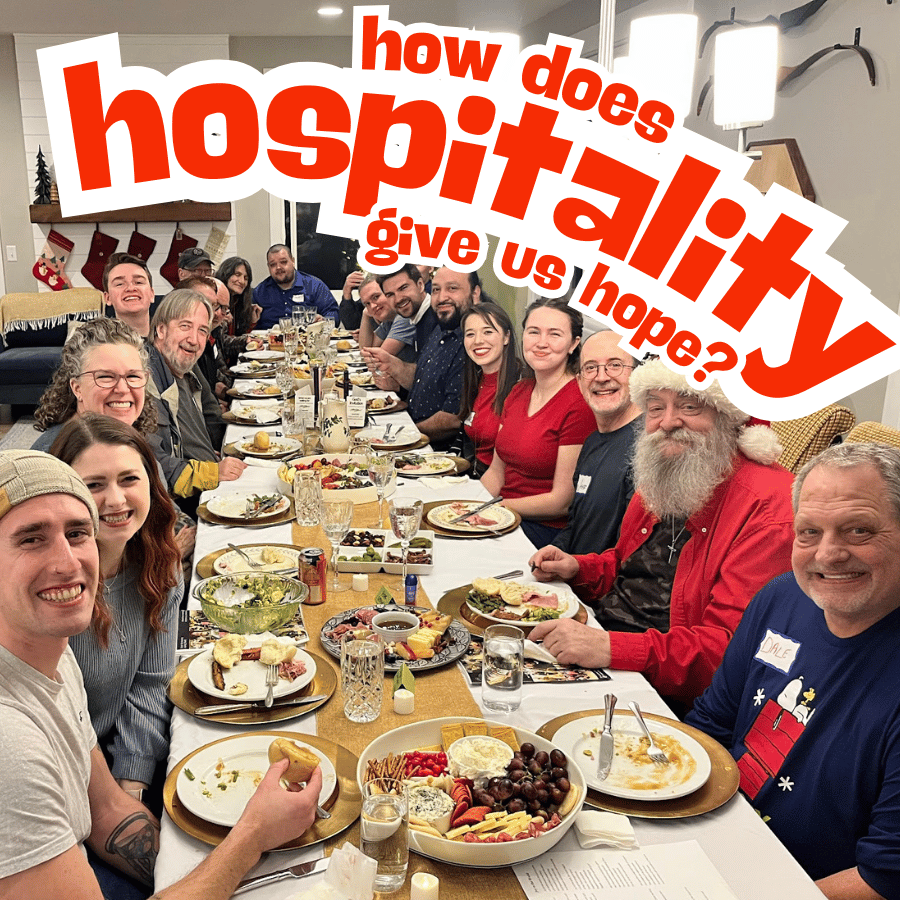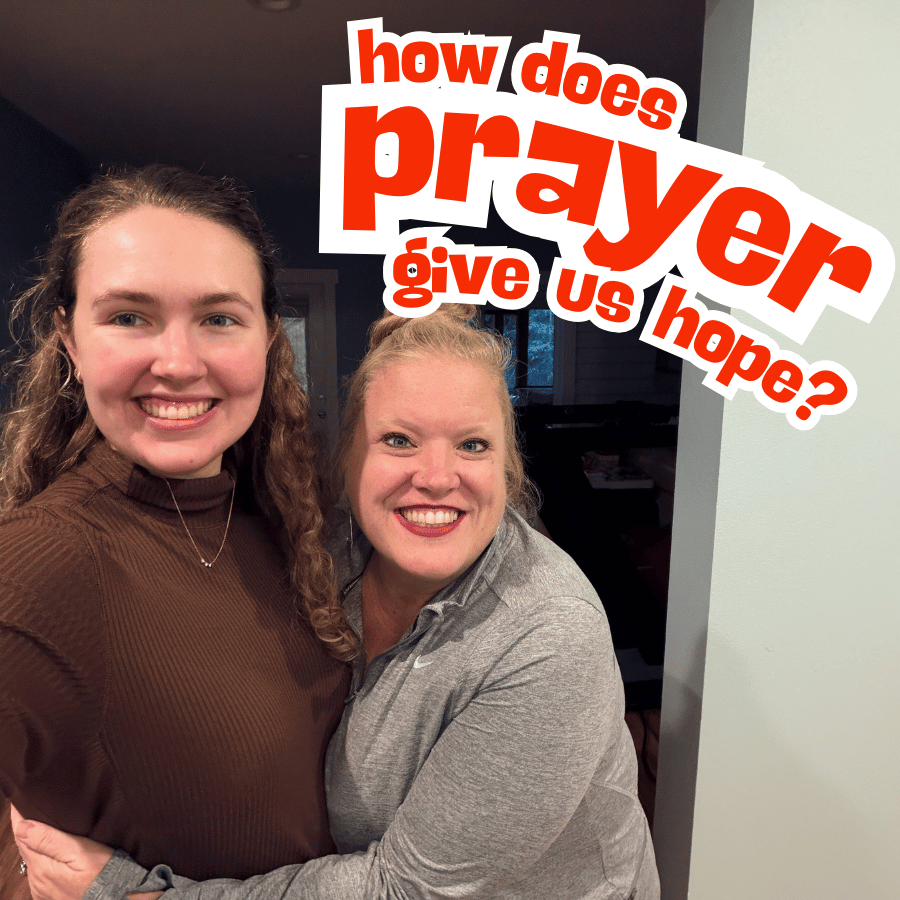Strength of Commitments
Written by Emma McCoy
4 minute read
There are a lot of ways to make a life full and busy. People fill their days with work, children, hobbies, volunteering, traveling, exercise, shopping, and appointments. There are always new books to read, movies to see, events to attend, places to visit.
Life is bursting with all kinds of things to do, so the trick is figuring out what it is, exactly, that we should do all day.
I like to fill my days with work. I don’t do this quite as much anymore, but for the past eight years or so, I’d overextend myself nearly every year with activities and work to keep me busy. In high school, that looked like committing to choir, drama, varsity softball, driver’s ed, kayaking, and working at Old Navy. Oh, and four AP classes. In college, it looked like editing the school newspaper, editing the school literary journal, and being a TA for two professors. Oh, and tutoring in the Writing Center. I’m a high-energy person with a lot of capacity, which means I often commit to a lot of jobs and projects at the same time. I like to feel productive and in control, and in a work environment, I also feel like I belong. If we’re all in the same place doing the same thing, then I’m a part of something. Not everyone has this feeling—my attachment is largely due to my enneagram 3 personality, where I place a lot of weight on work and my accomplishments.
There’s not necessarily a problem with work; it’s good for a person to work! But I wasn’t really balancing my life with other kinds of commitments that are deeply important: friendships, rest, and church. In addition to work, leaning into deep friendship is good for a person. We’re meant to exist together, for it’s not good for someone to be alone. And rest is important as well—the Sabbath day exists for a reason, and I wasn’t slowing down long enough to acknowledge that I wasn’t resting enough, and I wasn’t actually in community that wasn’t related to work or school.
In college, I stopped going to church regularly.
I still went to services now and then, and absolutely believed in God, but after a childhood of going to church with my family, and watching my parents plant Spring Church, I was kinda done. Didn’t see the point of going for me. I hadn’t yet figured out why, as an adult, I’d go to church, much less be a part of a small group. Those were two commitments I was very, very wary about making.
I thought by not committing to a church, I had more time.
Time for homework, sleeping in, more work. I thought I was avoiding something not entirely necessary. But by deprioritizing important life commitments in favor of overworking, I was only hurting myself. I would be sad for long periods of time for what felt like no reason at all, and it felt like something was missing. I distinctly remember an evening spent sitting on the living room floor, watching rainwater collect on the back patio, thinking of nothing in particular at all. I was hurting from what felt like an invisible wound I couldn’t place. It doesn’t have to be work or overfunction that keeps someone away from church—there are all other kinds of wounds, hurts, and dysfunctions that can do that job just fine, whether it’s church trauma, apathy, addiction, or fear.
So it’s not as simple as “I went to church and that fixed me!” for me, but leaning into one church and committing to a small group did make my life better in what feels like every way. Setting aside my work purposefully, even when it hurt, helped me realize I was missing community, people to rely on, worship with others, and constant reminders of God’s goodness. James K.A. Smith says that being God’s child is the “rebar of identity,” and I’d been forgetful of that rebar. By committing to a church and church life, I could feel the rebar again.
What really mattered about commiting to church again wasn’t just in “doing the right thing.” I didn’t feel like a better person because I went to church.
I went to church and became friends with people who helped me become more myself.
I started going to small group weekly—and I’ll tell you it took about a year of consistently going to group and church before I started looking forward to it. It’s like anything worth doing: learning a language, cooking, going to the gym, parenting, drawing, public speaking, gardening. It took practice, and building a habit, for me to see the joy of close Christian community.
I found people who loved me and wanted to know more about me; people who helped me move into a new apartment, celebrated my birthday, and bought my poetry book. I met Duane and Brenda, and Destiny and Tucker and Norah, who came to my Master’s graduation ceremony, cheering me on. I met Sam and Braden and Kayla and Daphne and Chadwick and Theo, who I eat dinner with every week, joking around and laughing. We gather around a backyard firepit, pray in each other’s living rooms, prank the pastor, help with errands, and listen and cry with each other. Harder times are easier to bear, and celebrations have more joy.
It’s maybe a little bit of an overstatement to say that my life changed completely because of them, but not a lot.
It’s the kind of change that made me stop and wonder how I did it before. I hadn’t been asking myself who joins in the celebrations of my life. So, who joins in the celebrations of yours? How do your commitments and relationships support and sustain you? Because for me, the church, and the people in it, have both supported and sustained me when I committed to it.
My life turned around when I committed to the people around me. My life turned around when I returned to church. My life turned around when I opened myself to be loved, and love in return.
It wasn’t an easy, overnight process. I had to show up, week after week, even when I was tired and afraid. I risked rejection, ambivalence, and feeling invisible. I also risked self-sabotage, and fought myself constantly to show up to a friend’s doorstep every Wednesday. This is the hard work love requires.
I was talking to Duane the other day after church. It was a sunny day, and kids ran around, dodging and weaving between adults’ legs as they chased each other. We were coordinating small group for the week—who would host and what people would bring. Then he asked if I felt different from two years ago when I’d first started coming to group.
“I think so,” I replied. “I mean, I feel more joyful throughout the week, and I’m actually open to church again. I think I’m maybe more open in general.”
“I can see that,” he said. “When you first started coming to group, you were very friendly, but you held yourself on the outside. Like you were holding a part of yourself back.”
“I guess I was,” I said, smiling.
There’s a part of me (and most of us, probably) that has a hard time loving completely.
I brace myself for pain, for loss, for rejection. It’s been a part of my life for a while, and it’s a normal human thing. And yet, after two years of commitment, showing up, and being shown love, I know I can love this group and church without fearing the kind of pain I’ve felt before. People will still disappoint me, yes, but I know that committed love is possible, and I should try to want it and build it.
My life got better in just about every possible way when I committed to church.
I wasn’t just trying to add another activity or kind of work to my schedule. In general, life commitments, like church, help foster human flourishing. Come visit us this Sunday for a membership class, where we talk about commitments, and how giving ourselves responsibilities and restrictions can actually lead to greater freedom.






3-minute read